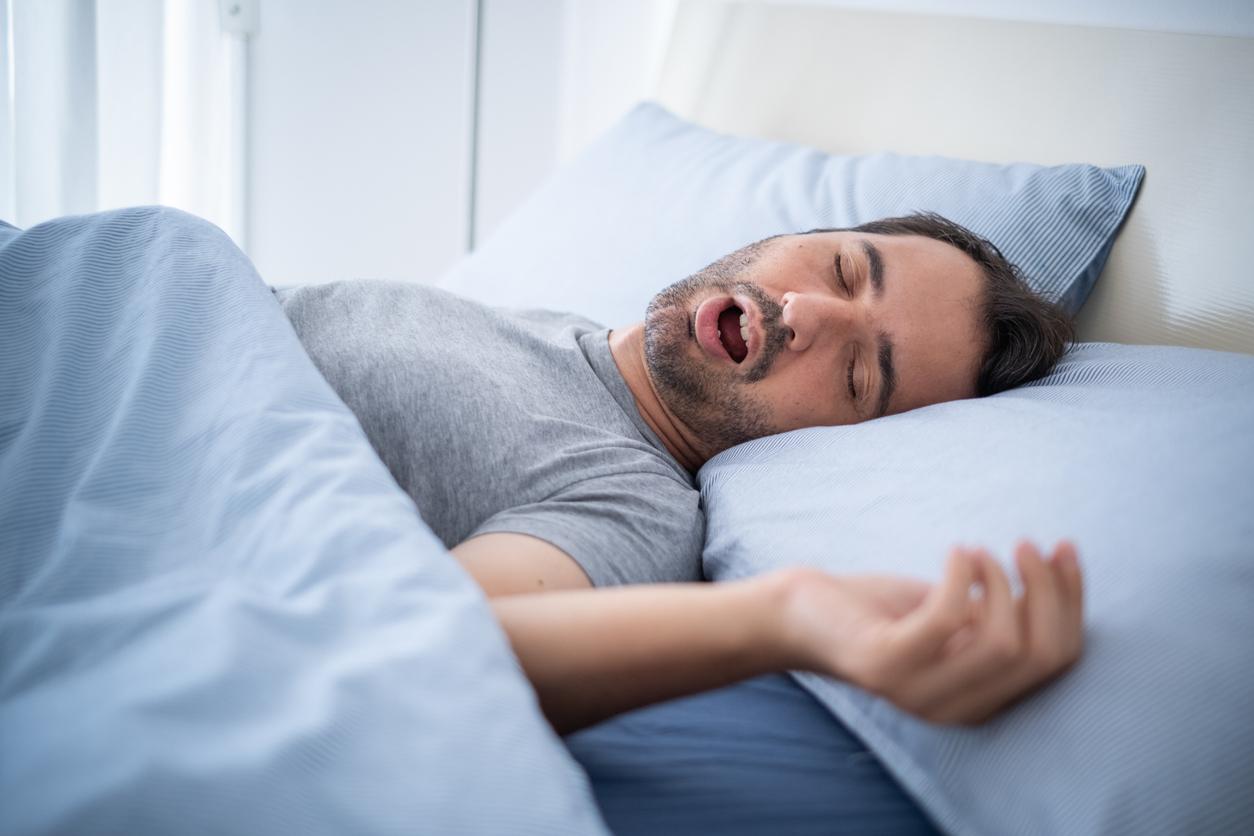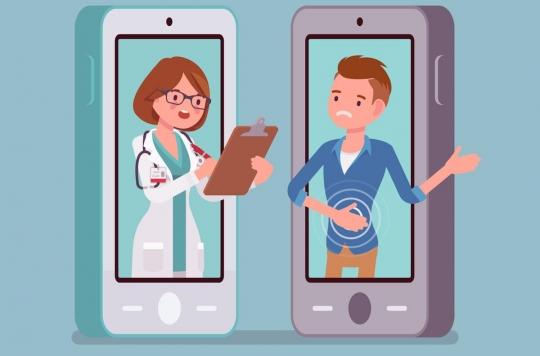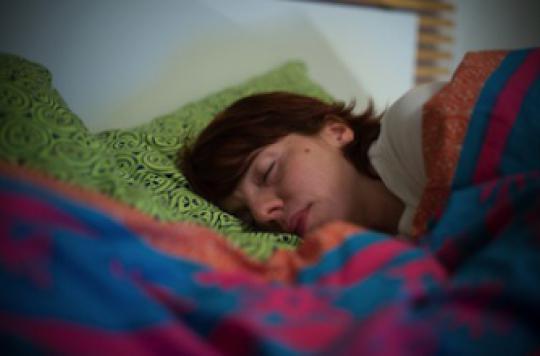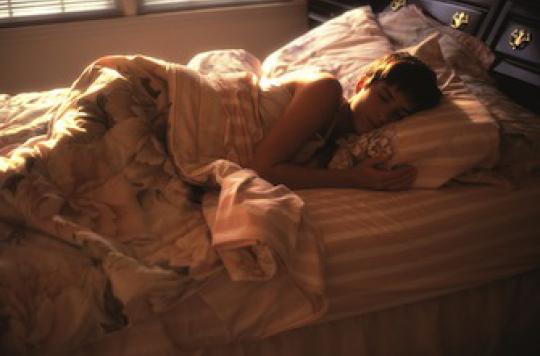For the first time in France, patients are only reimbursed if they comply. This measure, which concerns sleep apnea, divides patients and doctors.

Small revolution in the French health system … For the first time a treatment is reimbursed only if the patient uses it. Clearly, the patient is only financially supported if he is observant. This change in reimbursement conditions took place in the treatment of sleep apnea. Thus, since October 2013, all people who have a continuous positive airway pressure (CPAP) device will only be reimbursed if they use it at least three hours per night for at least 20 days per month.
A device prescribed for 600,000 people
“Telemonitoring in the treatment of obstructive sleep apnea (OSA): Tele-coping or tele-monitoring at the service of the patient?” The pulmonologists wonder in its terms during the Congress of pneumology which opens today in Marseille. And why this measure on the part of health insurance? The CPAP medical device is installed free of charge at home via a rental system, at a cost of around 80 euros per month. This mechanical ventilation system, which generates a large flow of air through the pharynx to keep the airways open and thus prevent apneas, gives fairly good results. It is prescribed to more than 600,000 French people.
But its use is quite restrictive. Wearing a mask throughout the night is often badly tolerated by patients. It is therefore frequent that they gradually abandon its use. A waste that health insurance no longer wishes to assume. To monitor patients, CPAP machines are equipped with a cookie that records the number of hours it is used. Below three hours of use per night for two months, the rate of coverage by social security will drop by half. After four months of poor compliance, reimbursement is non-existent and no new support will be accepted for six months.
Monitoring that does not involve the patient
This measure makes doctors cringe. “Encouraging patients to be observant does not seem shocking to us, but this economic measure is not based on medical arguments”, explains Dr Sylvie Royant-Parola, psychiatrist, sleep specialist, and president of the Morphée network. “No scientific study has made it possible to determine whether 3 hours of compliance is indeed the threshold from which the treatment is effective”. “The main criticism that we could make relates to these three hours,” underlines Alain Didier, president of the French-language pneumology society. Three hours is too little to have any benefit on cardiovascular mortality, but in some patients, one or two hours is enough to improve alertness and general condition. ”
In addition, the doctors regret that the system is limited only to monitoring, “the patient’s doctor is not involved, there is no element of therapeutic education, underlines Dr Sylvie Royant- Parola. It is regrettable that the health insurance did not wait until the end of our experiment on a real telemedicine system, where the doctor accompanies the patient through education, follows him at a distance, can send him alert messages. . This experiment, entitled Breathe @ dom, will be exhibited at the pulmonology congress.
Listen to Dr Sylvie Royant-Parola, president of the Morphée network. ” In total there will be 200 patients included in the experiment. And the first data indicates that they are more observant. “
88% of patients adhere to the system
Doctors’ point of view does not seem to be fully shared. 88% of patients consider the de-reimbursement system acceptable according to a survey commissioned by the federation of home health providers (PSAD). “Remote monitoring, which has been seen by some as intrusive, is ultimately perceived by the patients concerned as an aid to good compliance and as an improvement in the patient’s relationship with his doctor and his home health care provider,” says Olivier Lebouché, president of the federation.
However, the security and respect for the anomymat of data in the remote monitoring system are debates among doctors and patients. “I know a doctor with sleep apnea who received a letter from the CPAP provider telling him as a doctor that he was on his way around respecting the reimbursement rules, but two days later he received as a patient a reverse letter in which the provider explained to him that he was not respecting the usage times required for reimbursement, ”says Dr. Sylvie Royant-Parola. In addition, the CNIL has still not issued its opinion on this device.
Listen to Dr Sylvie Royant-Parola, president of the Morphée network. ” We put the cart before the horse. “
For its part, the French Federation of Associations and Friends of Patients, Insufficient or Respiratory Disabled (FFAAIR) submitted to the Council of State appeal against the CPP remote monitoring measure. She also suspects health insurance wants to extend this type of monitoring to other medical devices. “Another recent draft decree, relating to the modalities of coverage of medical devices and associated services for oxygen therapy, also refers to the assessment of treatment compliance by the prescribing physician,” said Alain Murez, president of FFAAIR This means that we are particularly interested in patients with respiratory failure. ”
.

















